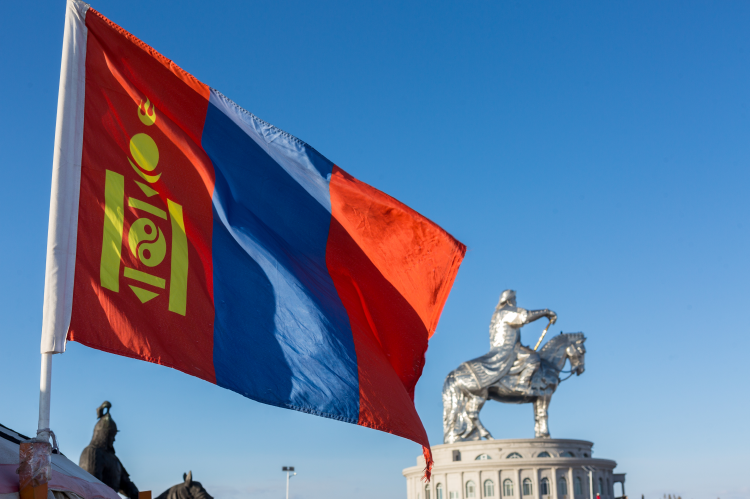Mongolia to Decide on Russia-China Gas Pipeline Route after Cost Agreement Reached

Mongolia's Prime Minister Luvsannamsrain Oyun-Erdene stated on Wednesday, March 15, that the country would determine the route of the proposed Russia-China gas pipeline through its territory once its neighbours agree on costs, Reuters reported yesterday.
Gazprom, the Russian energy company, aims to construct the 2,600 km Power-of-Siberia 2 pipeline to provide China with 50 billion cubic metres of gas annually by 2030.
Meanwhile, talks between Russia and China regarding pricing have been postponed due to the conflict in Ukraine, but Oyun-Erdene anticipates that negotiations will resume shortly. Once Russia and China have agreed on pricing, Mongolia will establish how best to transport the gas across its land.
Rich in minerals, Mongolia exports nearly 80% of its output to China, but it hopes to expand its trade and mining relationships beyond Russia and China to become a conduit between Asia and Europe.
"We're discussing cooperation in the rare earth elements sector; having discussions with German and French sites on copper production, and enhancing our private sector partnership with the Republic of Korea and Japan," Oyun-Erdene said.
Mongolia started underground copper production at the Oyu Tolgoi mine, in which it holds a 34% stake, with Anglo-Australian firm Rio Tinto owning the rest. Oyu Tolgoi will eventually produce over 500,000 tonnes of copper annually and assist Mongolia in becoming one of the world's largest copper producers.
The prime minister also emphasized that mining accounts for a quarter of Mongolia's GDP and nearly 93% of its exports, implying that the country is susceptible to commodity market volatility. As a result, the government is implementing reforms to secure the economy and working to establish a sovereign wealth fund to cushion against raw material price volatility and increase infrastructure and logistics development.
According to the Prime minister, these measures would aid in balancing the economy and resolving the problem of volatility.
